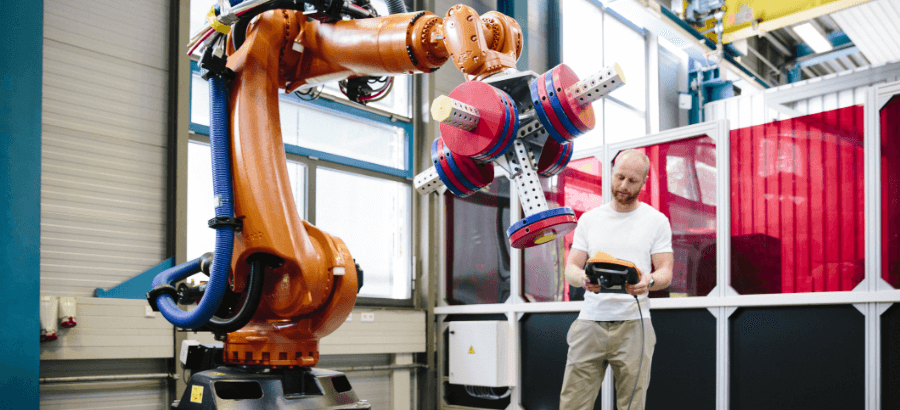Misconceptions about ERP are as prevalent as the common cold, and equally as contagious. Like the cold, ERP misconceptions can have a distinctly negative effect around the office.
Because ERP is never the same between two companies, it can be easily misunderstood. By clearing up some of the misconceptions that could be drifting around your company, you will help to increase your staff’s understanding of the new system and what you hope to accomplish through it.
- One-size Fits All
Let your employees know that a properly implemented ERP is like a finely tailored suit, and that the processes it runs are typically as different between companies as their respective employee rosters. No two businesses need the exact same ERP system, which is why it’s so important to work through the needs of your company before you begin the implementation process. This is also the reason it can take such a long time to get the system set up properly. Forging the right fit between your company and your ERP can be a lot of work – but it’s worth it.
- Only Large Corporations Need ERP
It’s common for small businesses to outgrow the original systems they’ve put in place. This period of expansion is the perfect time to begin implementing an ERP system. It’s not just large companies that need ERP; small businesses, especially those that are experiencing a great deal of growth, need to be able to keep up with whatever demands the marketplace throws at them. Working with a company that provides modular ERP and excellent service means that growth can be easily accommodated. In short, ERP can be easily tailored to fit the needs of a business of any size.
- ERP is an IT Issue
Many companies see information technology (IT) as a department separate from all others, only to be used when computers crash, viruses invade, and critical systems are down. This view of IT ignores the absolute necessity of a fully-functioning computer system and an employee base that knows how to use it. If the IT department is viewed as its own separate silo, then employees will take little or no ownership, and the curse of application erosion will have already begun. It must be made clear to employees that ERP is not simply an “IT issue.” Successful ERP implementation takes collaboration from all departments, including IT.
- ERP Only Benefits High-Ranking Management
ERP gives management access to information that is essential to good decision-making, but that’s not all that it does. An effective ERP system makes every employee’s job easier, by helping projects move more quickly, allowing for more streamlined collaboration, and by aiding in more effective communication throughout all of your company’s departments.
Successful ERP implementation depends largely on the understanding of the purposes and goals it will bring about. That’s why it’s essential to clear up misconceptions and help your employees appreciate what enterprise resource planning can do for them, and for your company.







